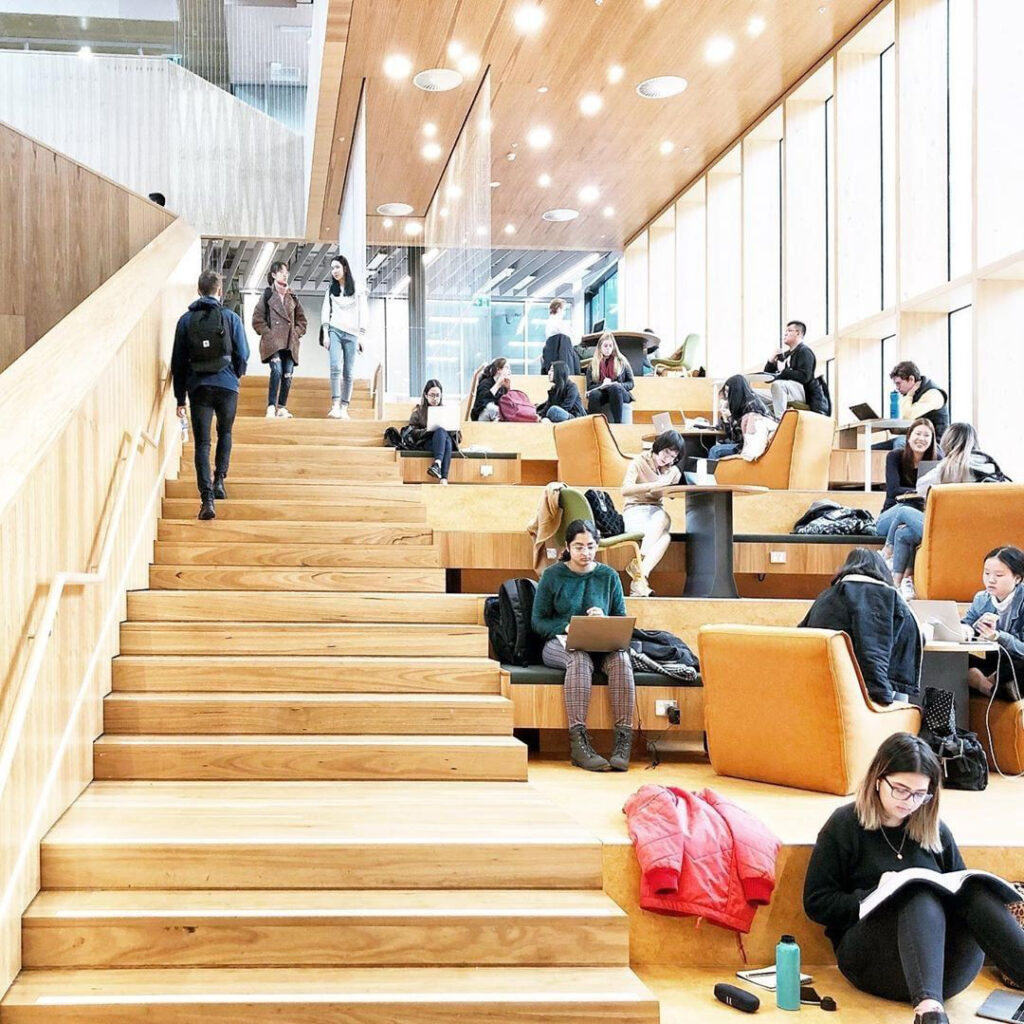The 2021 Young Adult Fertility and Sexuality Study, a nationwide survey on Filipino youth conducted at the peak of the Covid-19 pandemic led by the University of the Philippines Population Institute and funded by the Department of Health, found that Filipinos aged 15 to 24 are in a worse mental health state today, with close to one for every five having considered ending their life and six in 10 not reaching out to anyone about their condition.
Even without the mobility restrictions and anxiety of the pandemic lockdowns that formed part of the backdrop for the abovementioned survey, the Filipino youth’s mental health remains a growing concern. With most being digital natives, the young are very much exposed to innovation.
While these technologies have their benefits, excessive use, too much Internet and social media, early exposure to unsafe and graphic content, and increased screen time, however, negatively affect their wellness.
An issue of balance
Smartphones can alleviate anxiety and depression when used properly. Assistant professor in Human-Computer Interaction at Monash University Dr. Benjamin Tag and his co-researchers noted in their paper “Your Phone, Your Emotions and Everyday Life” how going online has been considered a digital emotion regulation strategy.
Sharing funny videos, memes and stories are seen as a means to increase elation the same way that listening to curated playlists can boost focus or elicit certain emotions. With online being so accessible and available — a phone, an internet connection and a few apps are all it takes — it is easily a good platform to regulate emotions.
The problem is when the supposedly occasional, short, fun online session — whether on social media, shopping app or video and gaming platforms — becomes frequent and then turns into an addiction, which can cause sleep deprivation, stress, anxiety and depression.
In the Philippines, young people are the second-largest users of smartphones. Those aged 18 to 24 account for more than 30 percent of the 84.45 million Filipinos who use social media.
These mean the youth are a vulnerable group: Too much social media exposure alone, many cases of which are unsupervised, increases the risks of developing social and behavioral issues such as impulsivity, impatience, anxiety and depression.
Mindfulness the way forward
Mindfulness, strategic and guided technology and Internet use are what deputy director of Monash Center for Consciousness and Contemplative Studies Professor Craig Hassed recommends.
Instead of scrolling and using the phone between tasks, taking a break and doing mindful activities, such as meditating, being in nature or simply closing one’s eyes, will do wonders for one’s well-being.
This is a way of actively choosing to depend on digital tools less and exploring ways of de-stressing offline more. Support from parents, grandparents and the entire family in both times of distress and joy serve as a protective barrier that shields the youth from mental illnesses and promotes overall wellness.
Monash University offers free in-campus counseling, online psychological services and various programs to students who need support and companionship. The university also has mental health programs with topics ranging from stress management, and friendship training to mental health first aid and suicide prevention.
